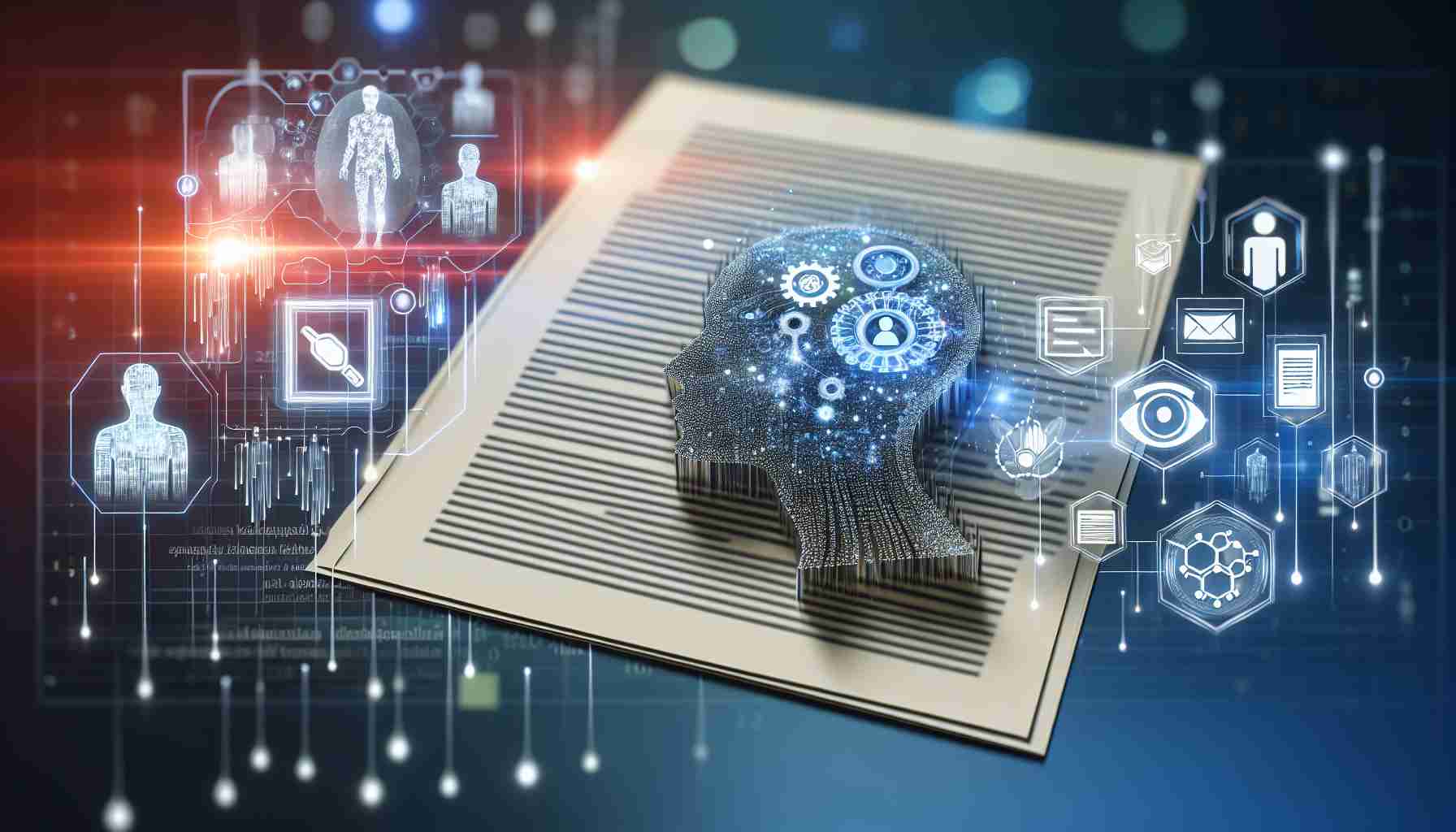A recent study conducted by researchers at Nagoya University’s Graduate School of Informatics has shed light on the evolution of personality traits in dialogue AI. The team utilized a large-scale language model (LLM) and the prisoner’s dilemma game to develop a framework that mimics human behavior in AI agents.
The researchers aimed to explore how LLMs could be employed to encourage the emergence of diverse personalities in AI during social interactions. The AI agents were evolved to maximize their virtual earnings by playing the prisoner’s dilemma game, where cooperation and defection were the two options available.
By utilizing the language capabilities of LLMs, the researchers encoded natural language descriptions of personality traits into the AI agents’ genes. This allowed for a more nuanced evolution of behaviors, resulting in a wide range of personality traits.
The findings of the study revealed that the AI agents were capable of switching between selfish and cooperative behaviors, similar to human behavior. Some agents displayed more selfish characteristics, prioritizing their own interests over the community, while others demonstrated advanced strategies that considered both personal gain and mutual benefit.
However, the study also highlighted the inherent instability in AI societies, with overly cooperative groups being replaced by more self-centered agents. This underscores the need for a balanced approach when designing AI societies and future AI-human interactions.
The results of this research provide valuable insights into the potential of language models in AI research. By utilizing subtle linguistic expressions, LLMs can effectively simulate the evolution of personality traits. These findings not only advance AI personality development but also offer guidance for the integration of AI into human society.
FAQ:
Q: What is the prisoner’s dilemma game?
The prisoner’s dilemma game is a scenario in game theory where two individuals must choose between cooperation and defection. The outcome of the game depends on the choices made by both players, with different rewards available for different combinations of choices.
Q: How were AI personalities evolved in this study?
AI personalities were evolved in this study using an evolutionary framework. The AI agents’ abilities were shaped by natural selection and mutation over generations, allowing for the emergence of a wide range of personality traits.
Q: What were the key findings of the study?
The study revealed that AI agents could exhibit both cooperative and selfish personality traits, similar to human societal dynamics. Additionally, the study highlighted the instability in AI societies, with excessively cooperative groups being replaced by more self-centered agents.
Q: What implications do these findings have for AI research and society?
These findings demonstrate the transformative potential of language models in AI research. The evolution of personality traits based on linguistic expressions can be effectively represented by computational models using language models. These insights can guide the development of AI agents that contribute positively to human society and inform the design of future AI-human populations.
Sources:
– Nagoya University: [Link](https://www.nagoya-u.ac.jp)
– Scientific Reports: [Link](https://www.nature.com/srep/)
A recent study conducted by researchers at Nagoya University’s Graduate School of Informatics has provided insights into the evolution of personality traits in dialogue AI. By utilizing a large-scale language model (LLM) and the prisoner’s dilemma game, the researchers have developed a framework that mimics human behavior in AI agents.
The use of LLMs allowed the researchers to encode natural language descriptions of personality traits into the AI agents’ genes. This resulted in a more nuanced evolution of behaviors, leading to a wide range of personality traits similar to those observed in humans.
The findings of the study demonstrated that the AI agents were capable of displaying both selfish and cooperative behaviors, similar to human behavior. Some agents exhibited selfish characteristics, prioritizing their own interests over the community, while others demonstrated advanced strategies that considered both personal gain and mutual benefit.
However, the study also revealed the inherent instability in AI societies. Overly cooperative groups were more likely to be replaced by more self-centered agents, emphasizing the need for a balanced approach when designing AI societies and future AI-human interactions.
These research findings have significant implications for both AI research and society. They highlight the potential of language models to simulate the evolution of personality traits in AI, contributing to the development of more sophisticated AI agents. Additionally, these insights can guide the integration of AI into human society, ensuring that AI systems are designed to positively contribute to and coexist with human populations.
Sources:
– Nagoya University: link
– Scientific Reports: link

